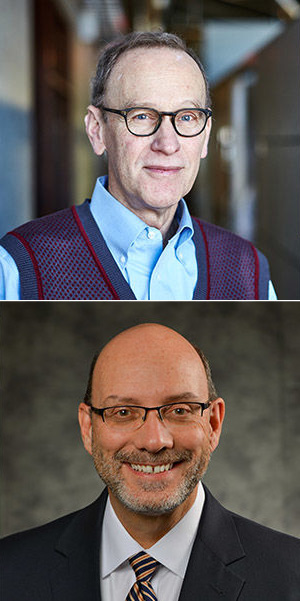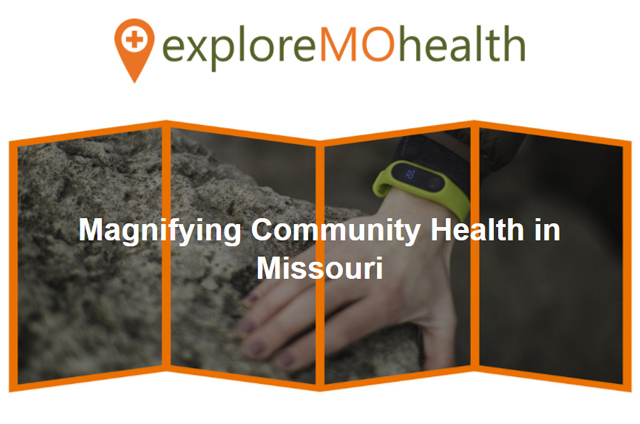 Community health interventions are quite complex. Beyond the difficulty of rolling out a plan to improve the health of a community, how do we know that we’re focusing on the right issues?
Community health interventions are quite complex. Beyond the difficulty of rolling out a plan to improve the health of a community, how do we know that we’re focusing on the right issues?
Using data analytics that were unthinkable only a few decades ago, we can pinpoint specific health outcomes and the underlying causes that lead to them in ways we’ve never been able to before. But this power isn’t worth much without data detailed enough to give us accurate, useful findings.
This is why Missouri Hospital Association Health Institute and Missouri Foundation for Health joined together to combine their two unique datasets into one tool that anyone can access – exploreMOhealth.org. The platform combines both county- and ZIP-code level data, offering researchers, stakeholders, and community members greater insight than either organization’s dataset could give individually.
The site was created in collaboration with the University of Missouri CARES team, who are experts in mapping and data visualization. exploreMOhealth.org doesn’t just help visitors pinpoint specific issues in great detail, it also can reveal potential connections to social determinants of health that might have created the crisis to begin with.  For example, is there a connection between heightened rates of cancer and unemployment in certain areas?
For example, is there a connection between heightened rates of cancer and unemployment in certain areas?
The county-level data, commissioned by Missouri Foundation for Health, provide one of the largest collection of state-level survey information in the country. The main data elements involve Missouri residents’ health-related risk behaviors (like smoking), chronic health conditions (like diabetes), and the use of preventive services (like primary care visits). Hospitals, public health agencies, community health planners, and researchers benefit greatly from the insight this robust dataset provides.
However, sometimes even a county is too large a geographic area to strategically target efficient health improvements where they’re needed most. With the MHA Health Institute’s ZIP-code level data, we are able to delve even deeper, into health disparities that often exist within the same county. For example, in certain counties life expectancies can differ by 10 years or more within a few short miles.
“We know that health and the factors that support health are not evenly — or randomly — distributed throughout a region. Even areas a small distance apart can differ significantly in terms of outcomes,” explained Jason Q. Purnell, associate professor at Washington University and lead on the For the Sake of All project. “That is why having access to ZIP-code level data is so important for community health promotion and action to address equity.”
Through exploreMOhealth.org, for the first time community health stakeholders and the public can cross reference the county- and ZIP-code level data. Simply put, they’re great on their own but even better together. There is great value in targeting health interventions by combining two strong datasets. After all, extensive efforts and resources are required to improve community health. Targeting these limited resources to the areas of greatest need allows for the greatest impact. By addressing the challenges of these high-risk populations, we’re more likely to “move the needle” and see statistical improvement across a larger area.
Moving a state, region, or even county toward health can be daunting; targeting a community is less so. When stakeholders work collaboratively, with the best available tools, resources go further.
Visit exploreMOhealth.org to explore this wealth of data for yourself.
Bob Hughes is president and CEO of Missouri Foundation for Health.
Herb Kuhn is president and CEO of the Missouri Hospital Association.



